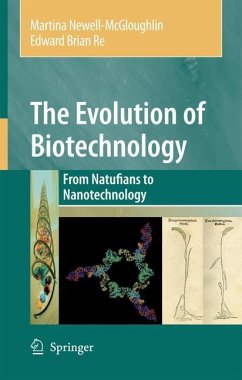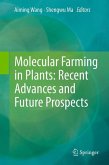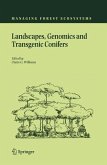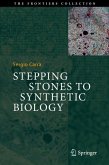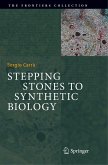Biotechnology in the broadest sense can trace its roots back to prehistory. This book is not intended to be a comprehensive history of the technology from some arbitrary point in time or even a chronological tracing of the evolution of that technology but rather my impression of the various events throughout history that have intersected or built on one another to lead to the forward progression of a technology. Obviously, with such a broad canvas much selectivity is involved in the choices made to advance the narrative and, while the subjects chosen are not capricious, they are influenced by the author's perspective. In addition I have made some attempt, where validated resources exist, to present my perspective on how individual personalities and their particular contextual experience influenced the direction in which they carried the science or the science carried them. The book is divided into an introduction and five chapters, which this author views as one of the many possible delineations that could be employed to trace the progress of the technology. The introduction gives a broad overview of the technology, the components covered, progression of the science, present applications and future prospects. Chapter one covers the prehistory which, of its essence, involves some conjecture in addition to supported data. There are many potential starting points, but I choose our agricultural roots since as noted anthropologist Solomon Katz asserts the domestication of plant and animals presaged civilization.
Bitte wählen Sie Ihr Anliegen aus.
Rechnungen
Retourenschein anfordern
Bestellstatus
Storno

